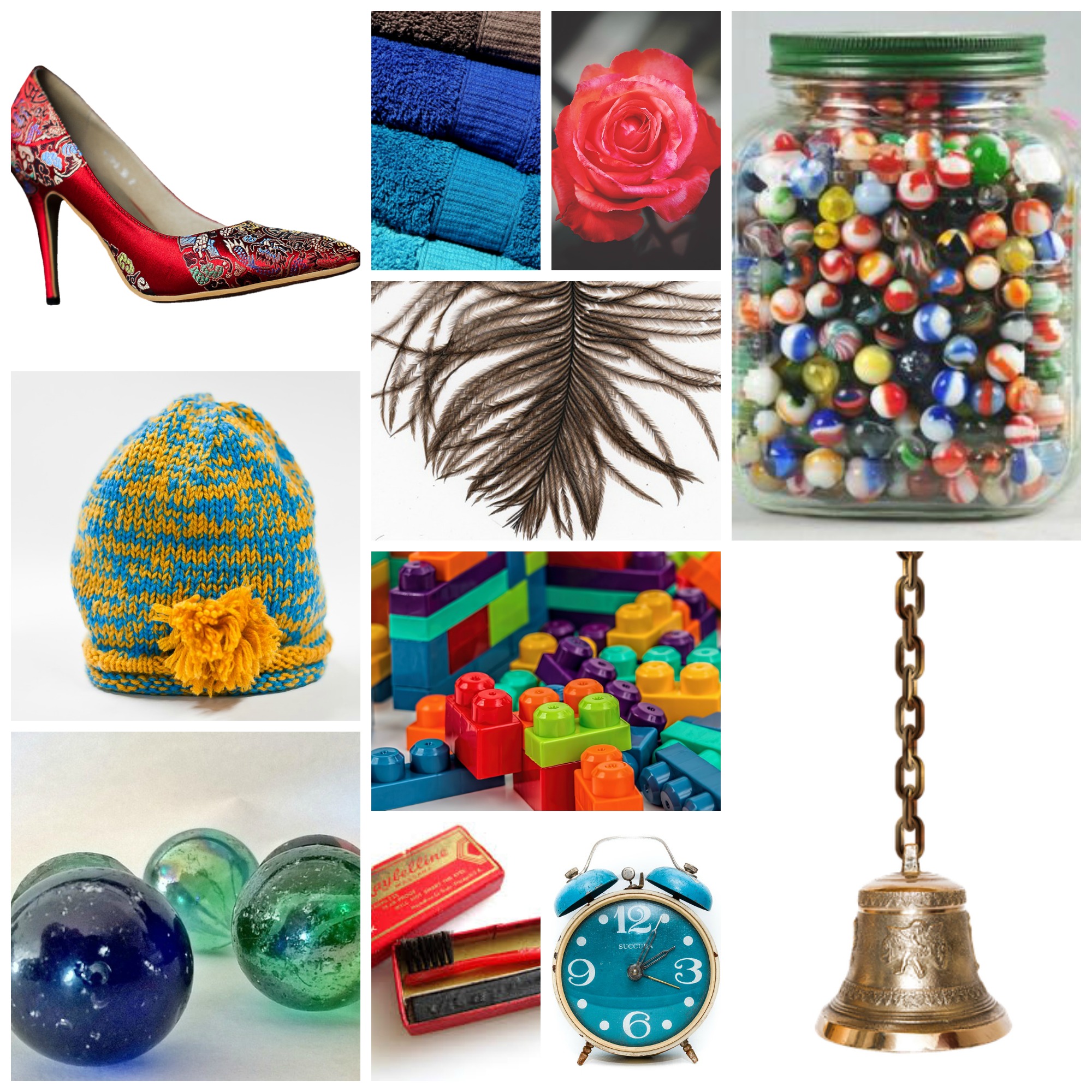Your Questions Answered: “I’m in work five days a week and have two days off. On the days when I’m not there, we have some carers that get involved in activities, but at times, the residents only watch TV. What activities can I put in place that the residents can do without too much of the carers’ input?”
Helen Johns, the lead trainer on our Activity Coordinator Training Course, writes …
This was a question from one of our Facebook members earlier in the year. We will be sharing more information on activities for carers and other staff to do over the coming months but for now I would like to suggest a simple way that carers can get involved – multi-sensory storytelling.
With storytelling, I’m not talking about the ‘once upon a time’ stuff which may appear childish, but the creative versions of stories that may be appropriate for some people in your care setting. This could be for a small group or in a one-to-one situation.
Sharing a story is something all staff can take the time to do when the opportunity arises. What might add a little bit of extra oomph is making the stories a multi-sensory experience. Recently, I worked with some librarians who were involved in this type of work, and it was lovely to hear how people can be supported by storytelling. Not every idea will be right for every resident or group of residents, but please feel free to adapt the ideas here to your care setting.
In its simplest form, multi-sensory storytelling means telling a story (or reading an article) and using a number of props to help you. You can select the props that will have the strongest link, but consider the five senses: sight (something to see), hearing (some sound effects), touch (something to feel), smell (a smell that evokes a memory) and where appropriate, taste (something to eat).
 You don’t need to use all of these together, so remember to be selective. Take care not to over stimulate those who may be sensitive to having a mix of senses stimulated. You can get others involved, residents can ring a bell, pass round a colourful object or share out a fruit platter. Staff will know the residents, so will be able to involve them in a way that is interesting and meaningful to them.
You don’t need to use all of these together, so remember to be selective. Take care not to over stimulate those who may be sensitive to having a mix of senses stimulated. You can get others involved, residents can ring a bell, pass round a colourful object or share out a fruit platter. Staff will know the residents, so will be able to involve them in a way that is interesting and meaningful to them.
Here are some other tips:
- Pick a story/article relevant to the individual or group.
- Rather than just a straight-forward story you could do a creative story whereby each person contributes to the next line of the story. You show a picture/photo/image and step-by-step you ask each member of the group a question that makes up the next line of the story. It is important that you as the story guide link the next question to the previous response but there are no right or wrong answers, so the story can go wherever you take it.
- You can also link storytelling to reminiscence sessions. These can be real life stories or imaginary ones. Pick a topic, some props and see where the story takes you.
It’s important to remember the purpose of storytelling. A story (even a short column similar to those in the Daily Sparkle) is a way to engage with residents and create a connection between you and them at that moment in time. The story is a good way to create an emotional response and of course, in a care setting, you would want to create a positive emotional response. A story (and the connection between you) may elicit feelings of amusement, interest, love, fondness, kindness, admiration, hope and joy. Of course, some stories may elicit less positive emotions, and we need to recognise that these are part of everyday life, but at the same time avoid unnecessary distress.

Try this out for yourself, and then chat to the staff you work with and see if they would like to give it a try. Perhaps you could run a series of one hour ‘training’ sessions for carers to make them feel more confident about supporting this storytelling activity. Good luck.
Helen Johns is the lead trainer for The Daily Sparkle Activity Coordinator Training and has been developing and delivering our courses since April 2017. As well as working for The Daily Sparkle, Helen runs an activity coordinator forum in her local area, provides training and consultancy for care homes in relation to activity and wellbeing and works as an Expert by Experience for CQC inspections. You can find details of all upcoming our training courses here.




